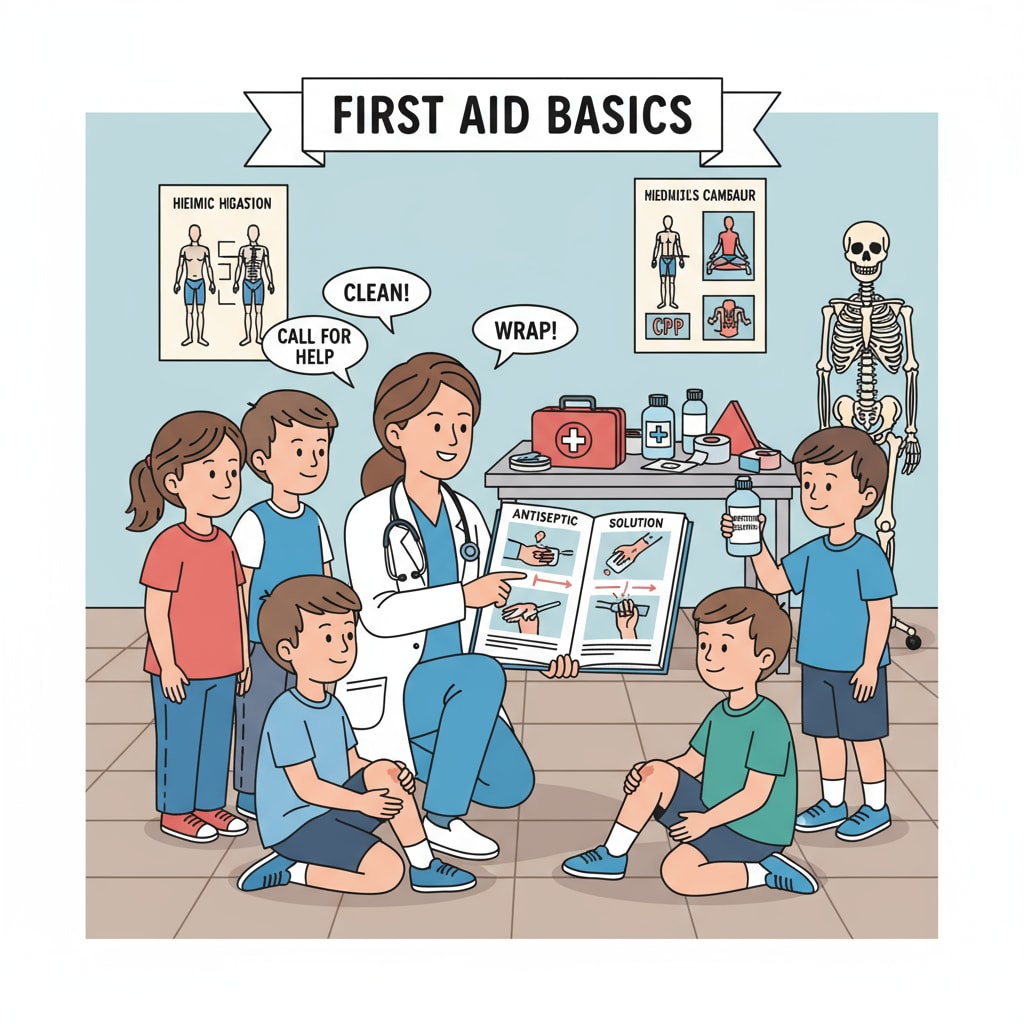Master’s degrees, career transition, and versatility are key concepts when considering a new career path for nursing professionals. For those with a nursing background, the idea of transitioning into a different field might seem daunting. However, the K12 education sector offers a promising new direction. Nursing professionals possess a unique set of skills and experiences that can be highly valuable in this area.

The Feasibility of the Nursing to K12 Education Transition
The transition from nursing to K12 education is indeed feasible. Nursing is a field that demands strong communication skills, empathy, and a deep understanding of human health and well-being. These same qualities are essential in K12 education. Teachers need to communicate effectively with students, understand their individual needs, and create a supportive learning environment. For example, a nurse’s ability to explain complex medical concepts to patients can be translated into teaching scientific concepts to students in a clear and understandable way. According to Teach.org, many non-education professionals are successfully making the switch to teaching careers.
Advantages of Nursing Professionals in K12 Education
Nursing professionals bring several advantages to the K12 education field. Firstly, their scientific knowledge base is extensive. In nursing, they study biology, anatomy, physiology, and various other scientific disciplines. This knowledge can be used to teach STEM subjects in K12 schools, especially in areas like health science. Secondly, their experience in dealing with people from diverse backgrounds gives them excellent interpersonal skills. They can connect with students from different cultural, social, and economic backgrounds and build relationships. Additionally, nurses are trained to be detail-oriented and organized, which are crucial qualities for a teacher when managing lesson plans and student records.

Specific Master’s Degree Directions for the Transition
There are several master’s degree options that can facilitate the transition from nursing to K12 education. One such option is Educational Technology. This degree focuses on integrating technology into the teaching and learning process. Nurses who are familiar with the use of medical technology can apply their knowledge to educational technology. For instance, they can help develop digital learning resources or use simulation tools in the classroom. Another viable option is STEM Education. Given their strong scientific background, a master’s degree in STEM education allows nursing professionals to specialize in teaching science, technology, engineering, and mathematics in K12 settings. Finally, Health Education is a perfect fit. Nurses can use their in-depth knowledge of health and wellness to educate students about healthy lifestyles, disease prevention, and basic first aid. According to The National Education Association, these specialized master’s degrees are designed to prepare individuals for successful careers in education.
Readability guidance: This article has presented the feasibility, advantages, and specific degree options for nursing professionals transitioning to K12 education. By highlighting these aspects, it shows how the concepts of master’s degrees, career transition, and versatility come together to offer a new and promising career path. Using short paragraphs and clear headings, it aims to make the information accessible. Each section provides key points in a straightforward manner, and transition words like ‘however’, ‘firstly’,’secondly’, and ‘additionally’ are used to enhance the flow of the text.


